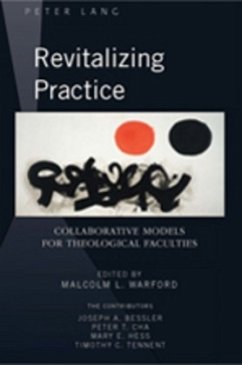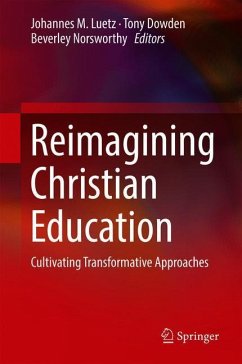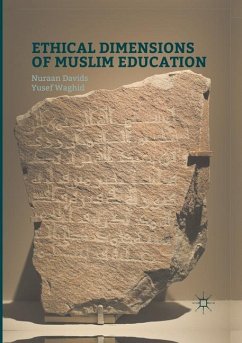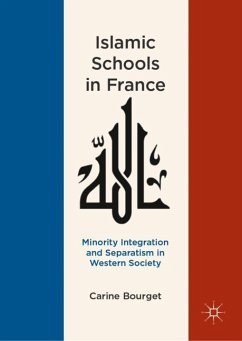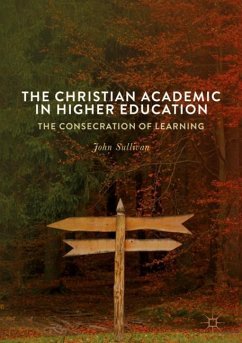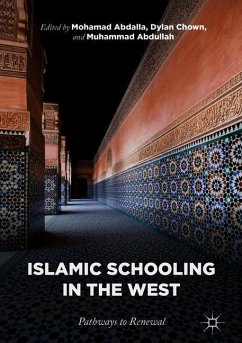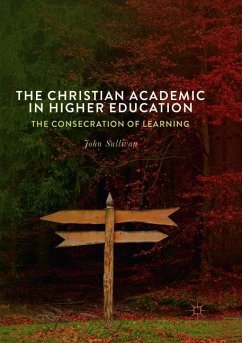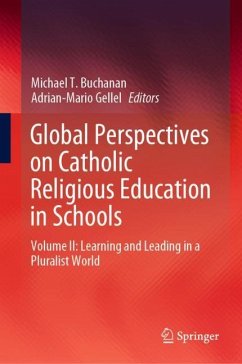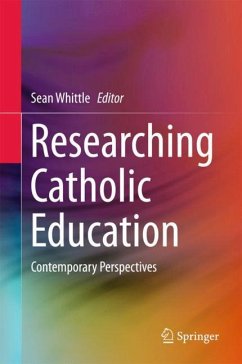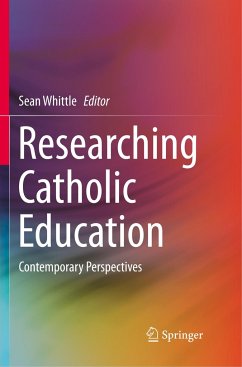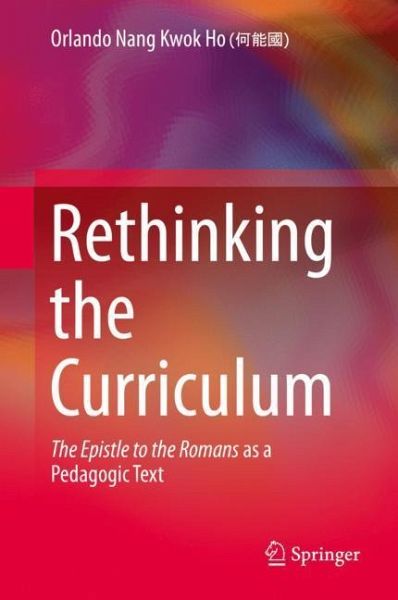
Rethinking the Curriculum
The Epistle to the Romans as a Pedagogic Text

PAYBACK Punkte
53 °P sammeln!
This book is an inter-disciplinary endeavour. Encompassing education and basic research, it discusses the modular-curriculum embodied in The Epistle from educational, historical, sociolinguistic, anthropological, phenomenological, and non-sectarian perspectives. It shows the cross-boundary philosophical reasoning and pedagogic dimensions of St. Paul as a great teacher and thinker from the Jewish-and-Christian faith. In doing so, this book refocuses academia's attention on the inevitable antimonic nature inherent in humans' efforts to create systemic knowledge. Knowledge about the inner aesthet...
This book is an inter-disciplinary endeavour. Encompassing education and basic research, it discusses the modular-curriculum embodied in The Epistle from educational, historical, sociolinguistic, anthropological, phenomenological, and non-sectarian perspectives. It shows the cross-boundary philosophical reasoning and pedagogic dimensions of St. Paul as a great teacher and thinker from the Jewish-and-Christian faith. In doing so, this book refocuses academia's attention on the inevitable antimonic nature inherent in humans' efforts to create systemic knowledge. Knowledge about the inner aesthetic and volitional-interpretative self - the immanent psychic "I" - and other philosophical aspects of the realm of the transcendental should be rescued from the deepening trends of secularity. Being strong, powerful, productive, and performative should not be taken as the indisputable and exclusive aim of education. Science, Technology, Engineering, and Mathematics (STEM) do not constitute a sufficient basis for building a better humanity. Education via public curriculums ought to serve both the belly and the mind. Deliberative curricular recalibrations, with rationales for grace, are thus needed for a better future for humanity....
This book is relevant for anyone with a core fascination about truths, values, epistemologies, life, spirituality, and holistic human development. It can also be used as a textbook or a reference in a number of fields including counselling, psychology, translation, cultural studies, and theology.
This book is relevant for anyone with a core fascination about truths, values, epistemologies, life, spirituality, and holistic human development. It can also be used as a textbook or a reference in a number of fields including counselling, psychology, translation, cultural studies, and theology.





